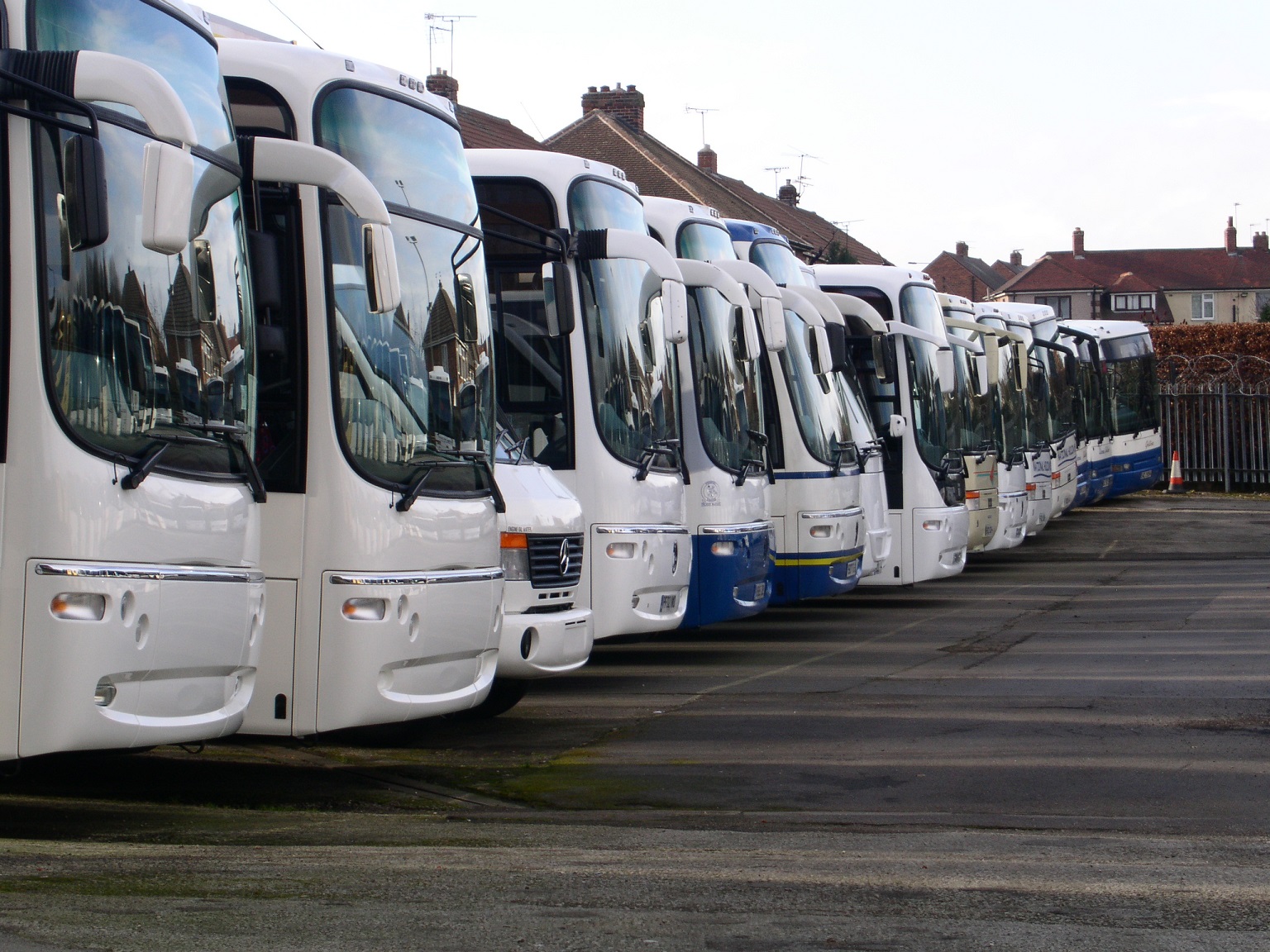Coach and bus insurance specialist Gauntlet has issued insight and advice to those operators that are struggling to cope with the impact of the coronavirus COVID-19 pandemic on their businesses.
Managing Director Roger Gaunt notes that restrictions on travel were leading to reduced bookings and cancellations even before the introduction of ‘lockdown’ measures and school closures. Mr Gaunt says that reducing costs has thus never been more important and acknowledges that one of those is insurance.
How to tackle that will vary from case to case, says Gauntlet, based on the patterns that it has thus far observed in the market.
Varying approaches to coach and bus insurance
Insurers’ responses to policyholders’ situations are varying greatly. Some are reducing premiums for vehicles that are officially off the road from DVLA’s point of view and which have a SORN in place – which are understood to number into the thousands – but others are not.
Gauntlet says it is currently witnessing a “loyalty factor”. Operators that have been loyal to both their broker and to the insurer providing cover have seen better outcomes in general. However, Mr Gaunt says that operators can rarely cancel their cover completely and would be ill-advised to do so.
Damage cover remains important, particularly as the fire and Police services are witnessing an increase in arson, burglary and property damage at the present time.
“Should an operator change its cover to ‘laid up’, insurers will typically want to reduce protection to fire and theft cover only on the motor policy,” he explains.
Consider SORNs for vehicles carefully
“Any malicious damage or vandalism would not usually be covered,” adds Mr Gaunt. “The operator’s property insurer might offer to cover this risk, but that is quite rare. The operator should decide if it wants to keep its vehicles covered on a comprehensive basis to retain protection for any damage that might be sustained while they are parked out of use.”

Mr Gaunt points to news reports that vandals have already set fire to two vans used for home shopping deliveries and have also slashed the tyres of six ambulances as evidence of what is possible in a worst-case scenario.
“They will not think twice about attacking vehicles that are off the road and not providing an essential service. In our view, damage cover remains a necessity.”
Mr Gaunt advises those operators who are still considering taking vehicles off the road to think carefully if they have a choice of which to SORN. He says that insurers are unlikely to provide a refund of a premium if a vehicle has had a claim in the current period of cover.
He also reiterates advice already given by other parties that operators that use premium finance should contact their lender(s) and ask if their payments can be spread.
Weigh up what the future might hold
Considering the future is another important thing to remember when weighing up coach and bus insurance options, he continues. “An operator that stays loyal to its insurer at renewal will be more likely to get help and a more flexible response from the insurer if they need it and should the coronavirus COVID-19 pandemic continue for some time.
“Operators should also try to lock in good terms for their vehicles now – even those that are laid up. That way, when work returns, reasonable premiums will have already been agreed and insurers will not be able to take advantage when the market recovers.”
Mr Gaunt adds that Gauntlet is leveraging its 25 years in the coach and bus sector to offer informed advice to its clients. He says that the company has its finger on the pulse of the market and how insurers are reacting to any changes in circumstances.
He urges operators not to make knee-jerk reactions to the current difficulties they are facing without first thinking through the consequences.
“These are incredibly tough time for the coach and bus industry, but at some point, we should see things start to get back on track. Your business needs to be in good shape for whenever that might be.
“Making savings now could have cost ramifications when private hires, home-to-school services, tours and all other work can again be operated. Having vehicles with no form of cover while they are parked out of use could prove to be a very expensive mistake.
“While most of us are in lockdown, it would seem that vandals and arsonists are not.”
routeone comment
Operators in both the coach and the bus sector were quick to SORN as many of their vehicles as possible before 1 April. Some coach companies now have their whole fleets subject to such notices.
That will help with the all-important cash flow during these troubled times. It also has a benefit from a PMI perspective. Many very expensive coaches, in particular, are now parked awaiting the industry’s restart when the coronavirus COVID-19 pandemic has gone away.
With all else that is going on, it would be easy to overlook the importance attached to ensuring that these vehicles remain covered against any vandalism or other damage that they may be subject to while parked. In the current situation, such unwanted attention is the last thing any operator needs.
If the worst should happen and vehicles should be damaged, it could affect an operator’s ability to get back on track rapidly once the pandemic is over. Roger Gaunt’s words are wise. Ensuring your fleet remains comprehensively insured is important.



























